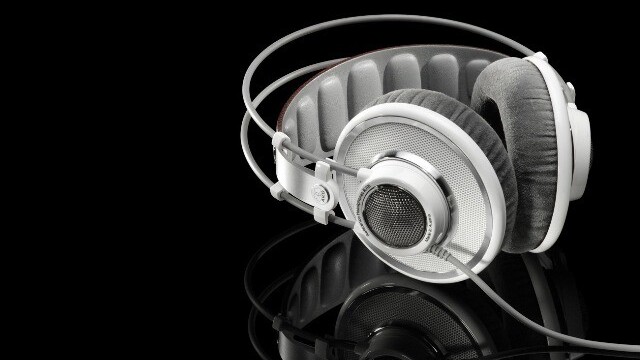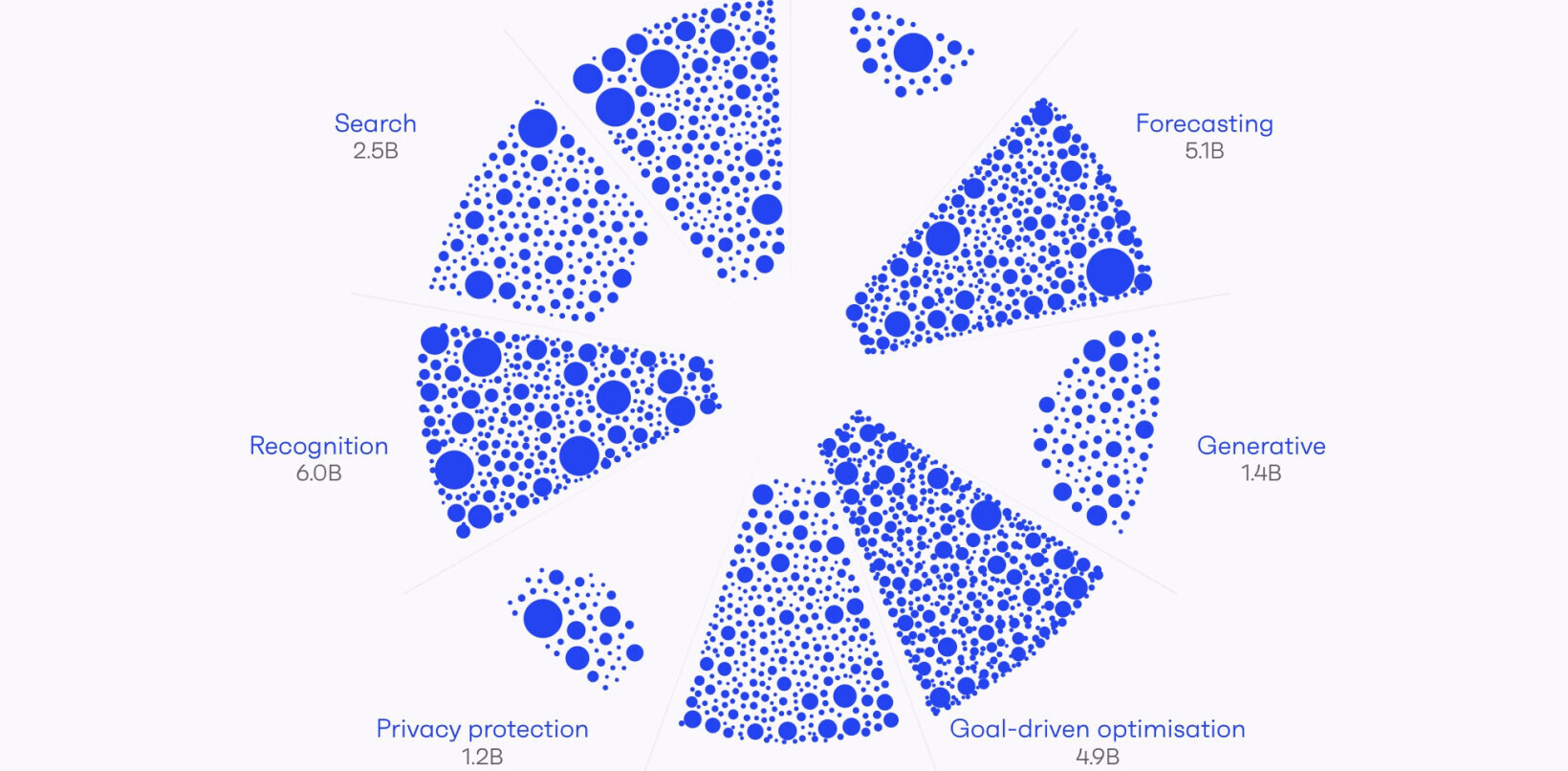
Last month we reported that UK entertainment retail chain HMV was launching its own online movie-on-demand service in the UK.
It is one of a number of similar services set to battle it out in the UK, what with Netflix about to lock horns with LoveFilm, but HMV’s move into the space was a telling one, as it looks to counteract its huge in-store sales slump.
HMV is still one of the country’s biggest entertainment retail chains, and it has previously acquired the likes of Waterstone’s (bookstore chain), Fopp (music retailer) and a selection of Zavvi retail outlets. But it has had to close around 30 stores in recent months, as the online entertainment revolution gains momentum. This partly explains its move into the movie-on-demand space, which will see it partner with FilmFlex, a joint venture between Sony Pictures Television and The Walt Disney Company.
As the Guardian reports, news that HMV has suffered losses of £36.4m, and is now considering offloading live venues such as London’s Hammersmith Apollo and Kentish Town Forum, will add fuel to the fire and raise further questions regarding the long-term viability of bricks-and-mortar retail outlets in an increasingly Web-centric world.
HMV: Past, present and future
In 1921, the first HMV shop opened in London, by the Gramophone Company, and in March 1931 the Gramophone Company merged with Columbia Graphophone Company to form Electric and Musical Industries Ltd (EMI). From the thirties onwards, HMV manufactured radio and TV sets under the HMV and Marconiphone brand names.
HMV underwent major expansions in London and the UK throughout the 1960s and 1970s, and soon became the UK’s top specialist music retailer. When Richard Branson launched Virgin Megastores in 1976, the companies went on to become the two major entertainment retailers in the UK, selling everything from music and movies, to games and books. HMV Media was spun out from from EMI in 1998, with EMI retaining a 43% stake in HMV Media.
HMV is still the largest retailer in the UK and Ireland, but its future doesn’t look bright as its latest figures show. The company has said that like-for-like sales for the 26 weeks to 29 October dropped by almost 18%, leading to a much bigger loss than the £27.4m for the same period last year. Furthermore, it seems that this downwards trend has worsened in the build-up to Christmas, and there are signs that suppliers are beginning to have serious doubts about HMV, with sales falling a further 13% in the seven weeks to 17 December.
HMV Group is listed on the London Stock Exchange, and is a constituent of the FTSE Fledgling Index. But the value of its shares have dropped by around 90% in the past year, and the business is now valued at £16.4m. Although HMV has said that it does have “adequate resources to continue for the foreseeable future”, it also added:
“The economic environment and trading circumstances create material uncertainties which may cast significant doubt on the Group’s ability to continue as a going concern in the future. The Directors continue to maintain regular and constructive discussions with the Group’s banks.”
Zavvi, one of HMV’s biggest competitors which was formed after a management buy-out of Virgin Megastores, went into administration in 2008, with the last of its stores closing early the following year.
Today, HMV still has 249 operational stores and nine Fopp outlets around the country, not to mention the aforementioned HMV Live music venues. So it’s likely we’ll see some sacrificial lambs thrown to the slaughter in an attempt to improve the company’s bottom line. HMV already offloaded Waterstones earlier this year, selling the book chain to Russian billionaire Alexander Mamut for £53m.
“This has been a challenging start to the year”, said HMV chief executive Simon Fox. ” However, we have taken decisive action to restructure the business and are now seeing the benefits of this, particularly in our Technology products business. Like all consumer-facing companies we are facing tough trading conditions but we continue to push forwards through this period.”
Can HMV reinvent itself as a major hardware technology retailer in a similar vein to PC World or Currys? And even if it does, will this help save it from the scrapheap? We’ve already seen Carphone Warehouse close its 11 Best Buy stores in the UK this year, a little over a year they first opened. The reason? They weren’t making a profit.
We also reported that UK digital album sales were up on 2010’s figures with 2 months to spare, with 21.3m albums shifted by early November. But it’s not just digital music sales that are doing better online. With the likes of Amazon, Play.com, Currys, PC World and Comet all major players in the online UK consumer technology market, is there space for another one – offline or online?
With HMV’s movie-on-demand service trying to compete with the likes of LoveFilm and Netflix, it feels very much like the ailing retail giant is clutching at straws in a game it was very late to arrive for. But maybe all it needs to do is streamline, and get back to basics. Selling HMV Live would go some way towards doing this. Here’s hoping HMV will survive in some form though.
Get the TNW newsletter
Get the most important tech news in your inbox each week.





